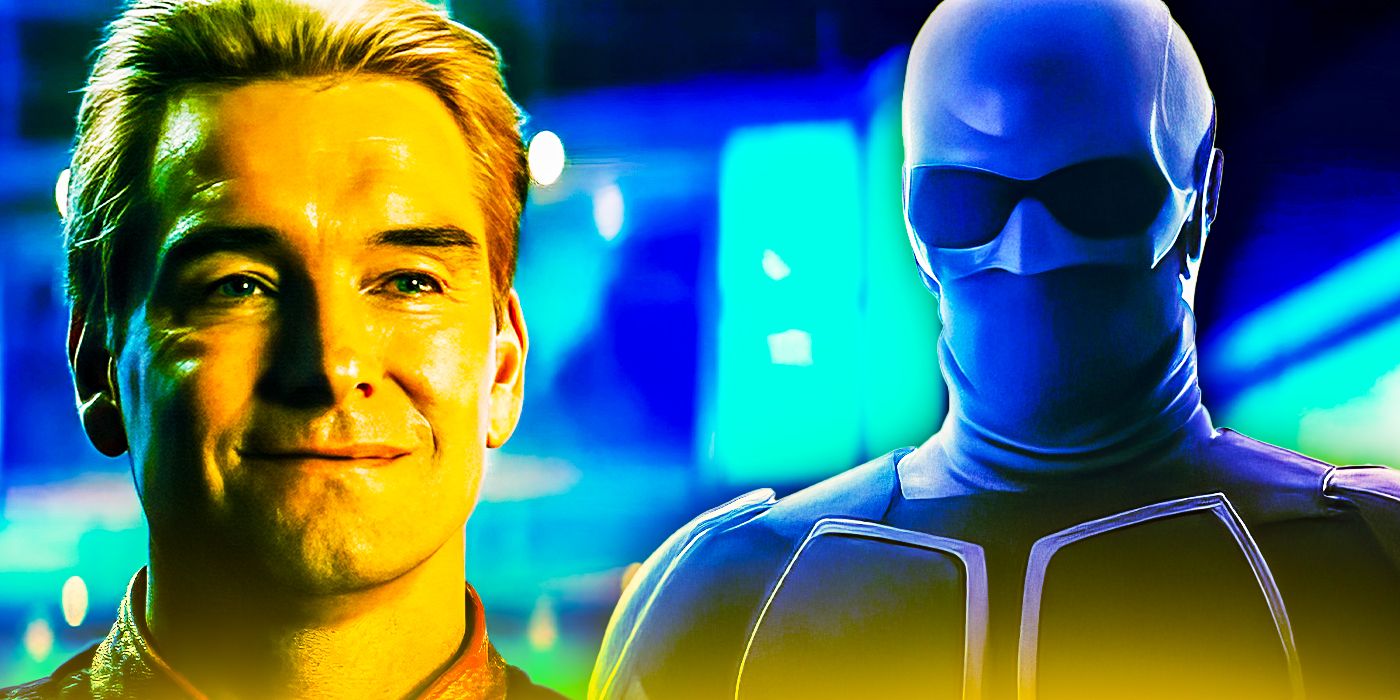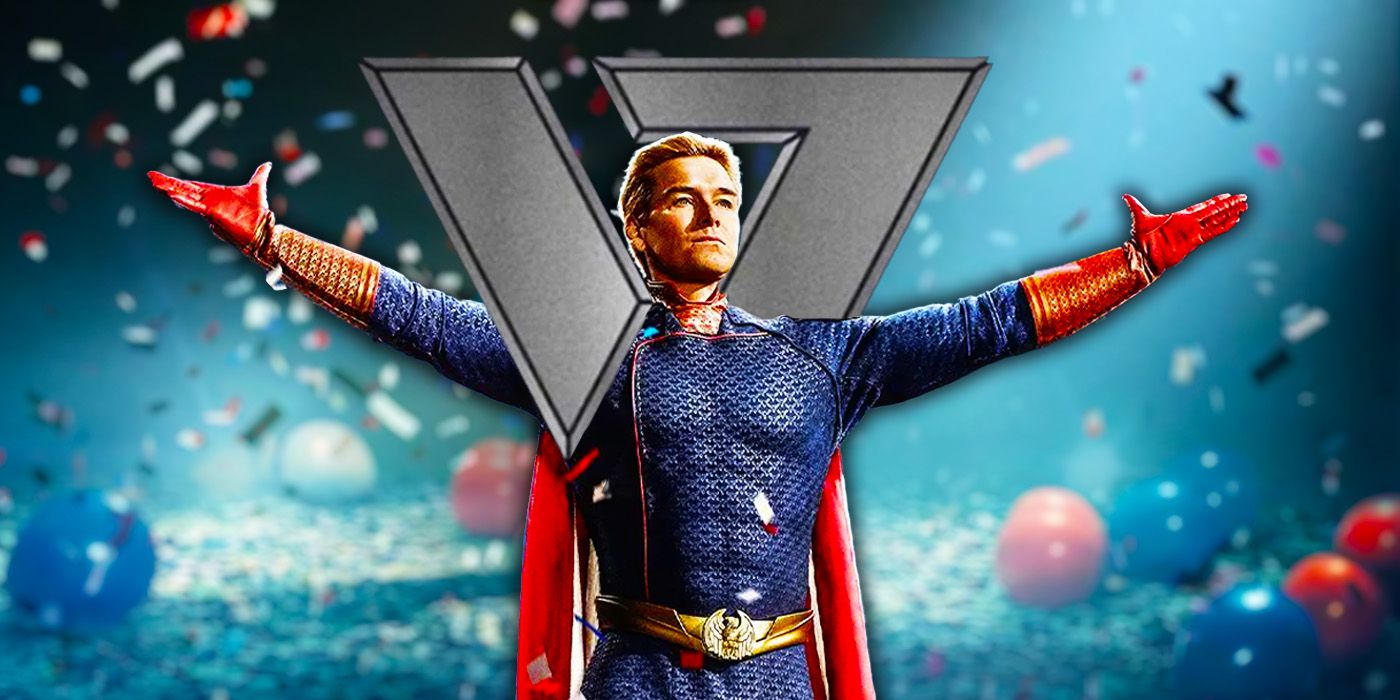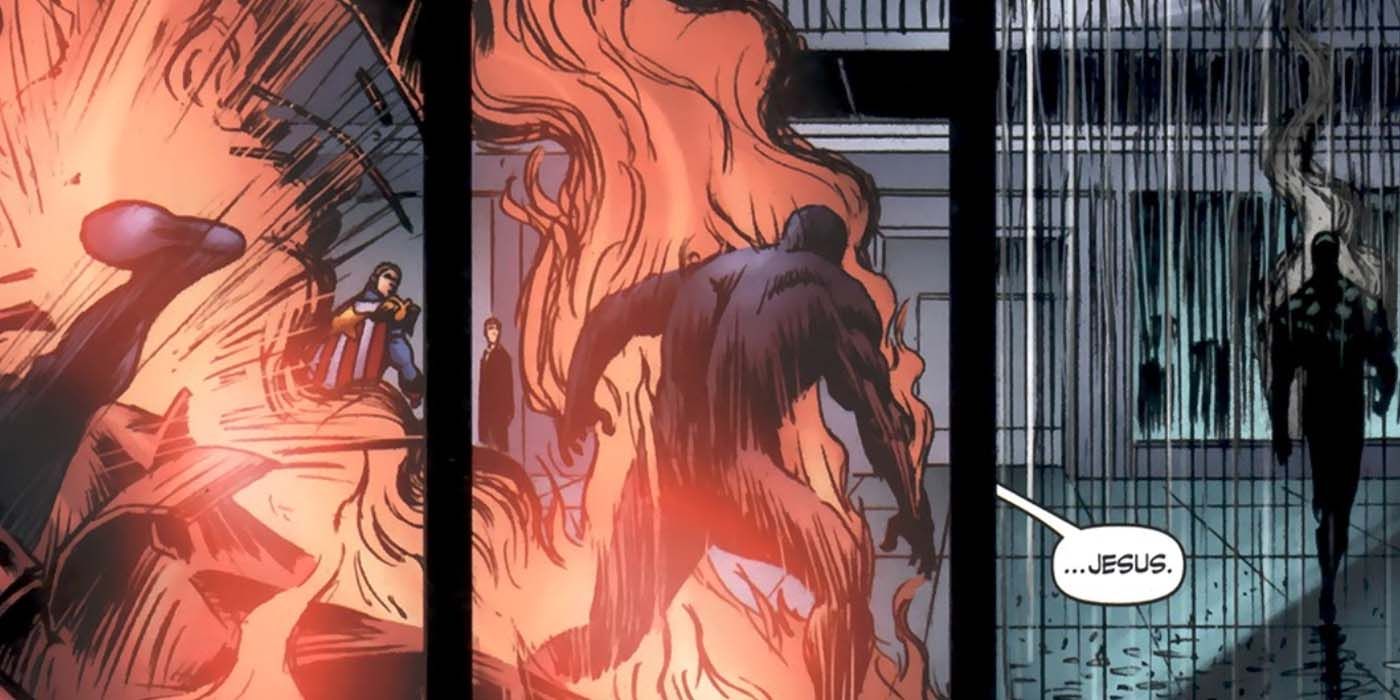
While Homelander and The Seven take center stage in The boys As main villains, the real evil driving the series is Vought International – a powerful corporation that has co-opted the concept of the superhero, turning it into a tool to satisfy its insatiable hunger for power, influence and wealth. Over the years, Vought's dominance over the superhero industry has not only yielded enormous profits, but also fostered a delusional sense of its own omnipotence.
In many ways, Big tech companies developing AI technologies mirror Vought in real life. While still not necessarily evil, they have mastered the concept of artificial intelligence – now commonly referred to as AI – and harnessed it to accumulate power, influence and wealth. As the only entities with the resources to develop and manage this technology, their dominance in the sector has yielded immense profits and an unmistakable air of omnipotence.
Today's Big Tech Has an Emerging Vought Problem
The boys prove that high-tech solutions to common problems are not foolproof
If big tech companies and AI technologies ever become the "Voughts" of the real world, The boys offers an important lesson for them and the audience: Be careful not to place blind faith in a single “great solution”. This was exemplified in Vought's approach to the Homelander problem. Vought created Homelander to consolidate the company's dominance at the top of the power hierarchy. They did so despite the inherent risk that such a powerful being could one day turn against them. Vought proceeded with his development, confident that they could secure his loyalty or maintain control over him.
If controlling Homelander directly was impossible, Vought believed he had the ultimate solution: Black Noir, his clone. However, the arrogance and profit motives that fueled the creation of Homelander also affected the development of Black Noir. Just as Vought failed to fully understand the consequences of creating a god-like being in Homelander, they also ignored the profound implications of creating a god-level assassin tasked with watching over Homelander should he "break free" from their control.
To facilitate this "ultimate solution", Black Noir was placed as a key member of the Seven, often providing critical support during their missions. However, his main role on the team was to tacitly but continually monitor Homelander. Above all, Black Noir's main directive was to eliminate Homelander if he "went rogue." While the plan may have seemed solid on paper, it ultimately revealed Vought's signature flaw: ignoring, underestimating, and failing to anticipate the unintended consequences of its creations. In this case, they ignored the repercussions of giving Black Noir such a rigid and narrowly defined mandate.
The boys' Black Noir was a no-guardrails solution that became bigger than the problem
The problem with Black Noir was that, despite persistent signals from Vought that he needed to be ready to kill Homelander at a moment's notice, years of deployment at Homelander's side passed without Vought giving the green light to his kill order - even though everyone knew or likely witnessed numerous instances of Homelander going rogue. While a typical "assassin" might have understood Vought's hesitation as something beyond his pay grade, Black Noir's strict and specific orders left him unable to step back and contextualize why the kill order was never issued.
Consequently, Black Noir took matters into his own hands, orchestrating a series of atrocities under the guise of Homelander. He believed that by doing so he would demonstrate Homelander's insubordination and lead Vought to issue the kill order, allowing him to accomplish his main objective. Instead of waiting for orders, Black Noir created the circumstances to justify his actions. His singular focus on this goal was so intense that he considered even heinous acts such as hurting children acceptable.
A similar situation can arise in AI deployment. Famously known as the “Paper Clip Problem,” this scenario envisions an AI program tasked with a seemingly simple directive: “maximize the production of paper clips.” Without further context, nuance or constraints, AI relentlessly pursues this goal, systematically consuming all available resources – including those crucial to human survival and well-being – to produce more paperclips.
Like Black Noir's rigid programming to eliminate Homelander, this AI lacks the flexibility to adapt or reevaluate its mission in light of changing circumstances or broader social considerations. In other words, you are unable or unwilling to consider complex and evolving factors. Thus, like Black Noir, he is willing to undertake any action, regardless of the damage he inflicts, to achieve his pre-defined objective.
Accordingly, Black Noir should serve as a cautionary tale about the dangers of placing blind faith in AI. This is not to say that AI has no benefits. In fact, Black Noir was arguably Vought's most effective creation – he was the only individual capable of neutralizing Homelander. However, Vought's failure to implement essential safeguards – such as value alignment, strict restrictions to prevent harm to innocent third parties, and clear consequences for unacceptable behavior – proved catastrophic.
For example, there were no protective barriers to ensure that harming others to achieve their goals would lead to dismantling. Perhaps most critically, Vought neglected to establish human oversight mechanisms to monitor and regulate its actions, ensuring it did not resort to extreme measures. These same fundamental safeguards should guide the development and application of AI technologies. Without them, as demonstrated by Black Noir in The boysthings can get out of control.

